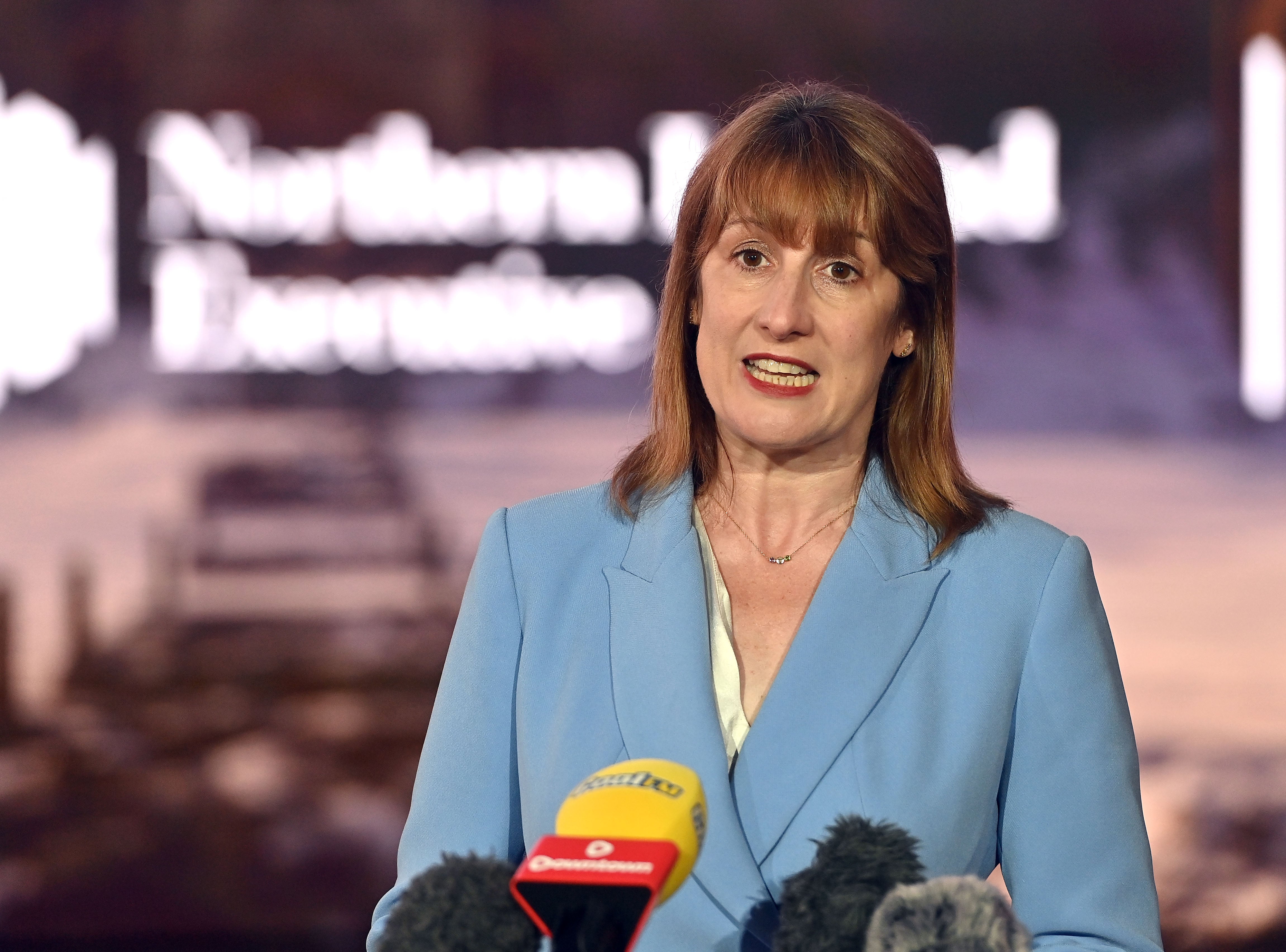Homeowners could be forced to pay a new tax on the sale of houses worth more than £500,000 as part of a shake-up of stamp duty and council tax being considered by the Treasury.
Chancellor Rachel Reeves has asked officials to study how a new “proportional” property tax could be introduced and to model its impact ahead of this autumn’s Budget.
Currently, stamp duty is paid by those buying homes over £125,000, or £300,000 for first-time buyers. A first-time buyer purchasing a £500,000 home to live in would pay £10,000 of stamp duty.
If adopted, the new levy would be paid by owner-occupiers when they sell a home worth more than £500,000. The amount would be based on the property's value, with the rate set centrally and collected by HM Revenue and Customs (HMRC). It would not replace stamp duty on second homes.
Then, anyone having purchased a home worth more than £500,000 would face an annual tax on the property under the proposals.
It is believed the proposals are aimed at targeting the financial gains made by property owners due to the huge increase in house prices. But critics warned the new levy could push up asking prices for properties above the £500,000 threshold, with sellers looking to offset the payment of the tax.
Ministers have already been briefed on the proposals, which could be rolled out during this parliament, The Guardian reports.
Under one option, a national property levy would replace stamp duty on owner-occupied homes. In the medium term, a second stage could see a local property tax replace council tax, a move designed to repair the finances of struggling local authorities.
No final decisions have been made. Treasury sources stressed that while a national levy could be implemented in the coming years, reform of council tax would take longer and would probably depend on Labour winning a second term.

The review reflects growing pressure on the chancellor to introduce more wealth-based taxes. Labour’s deputy leader, Angela Rayner, has urged Ms Reeves to consider measures that target property wealth. Ms Reeves is also under pressure to raise additional revenue without breaking Labour’s pledge not to increase taxes on working people.
The average house price in the UK stood at £272,664 in July, according to Nationwide. Current stamp duty receipts from primary residences vary significantly depending on the housing market, raising £11.6bn last year. Treasury officials believe a national property tax would be a more stable source of income and would eventually raise a similar amount.
Unlike stamp duty, which currently applies to around 60 per cent of home sales and is paid by buyers, the new levy would affect only about a fifth of transactions.
The proposals are informed by a 48-page report published last year by the centre-right think tank Onward. Written by Dr Tim Leunig, a former government adviser who helped devise the furlough scheme during the Covid pandemic, it set out a dual national and local “proportional property tax” based on property values.
Dr Leunig wrote: “These proposals would make it easier and cheaper to move house, for a better job, or to be near family, as well as being fairer. It should not be the case that a terrace house in Burnley pays more than a mansion in Kensington – and it wouldn’t be under these proposals.”
Asked about the potential shake-up, Treasury minister Torsten Bell did not rule it out. He instead said, “I’m a newish MP, but I’m not an idiot”.
He told Sky News that tax decisions are made by Ms Reeves and refused to “speculate on individual taxes”.
But he added: “We can talk about the choices the chancellor has actually made, because we have had to make some difficult choices on tax over the course of the last year.
“You saw those in the autumn budget last year, fair choices, raising elements of capital gains tax, some changes to inheritance tax, taxes paid in general by better-off households.
“That is what enabled us to end austerity.”
A Treasury spokesman said: “The best way to strengthen public finances is by growing the economy – which is our focus. Changes to tax and spend policy are not the only ways of doing this, as seen with our planning reforms, which are expected to grow the economy by £6.8bn and cut borrowing by £3.4bn
“We are committed to keeping taxes for working people as low as possible, which is why at last Autumn’s Budget, we protected working people’s payslips and kept our promise not to raise the basic, higher or additional rates of Income Tax, employee National Insurance, or VAT.”
Larger families could gain more than £20,000 if Labour scraps two-child benefit cap
Treasury ‘looking at’ new property taxes to replace stamp duty
Why bats and newts are being blamed for Britain’s sluggish economy
FTSE 100 edges up ahead of Trump-Zelensky talks
Nurse needed on UK’s most remote inhabited island
Hong Kong summons British envoy after UK grants asylum to democracy activist







